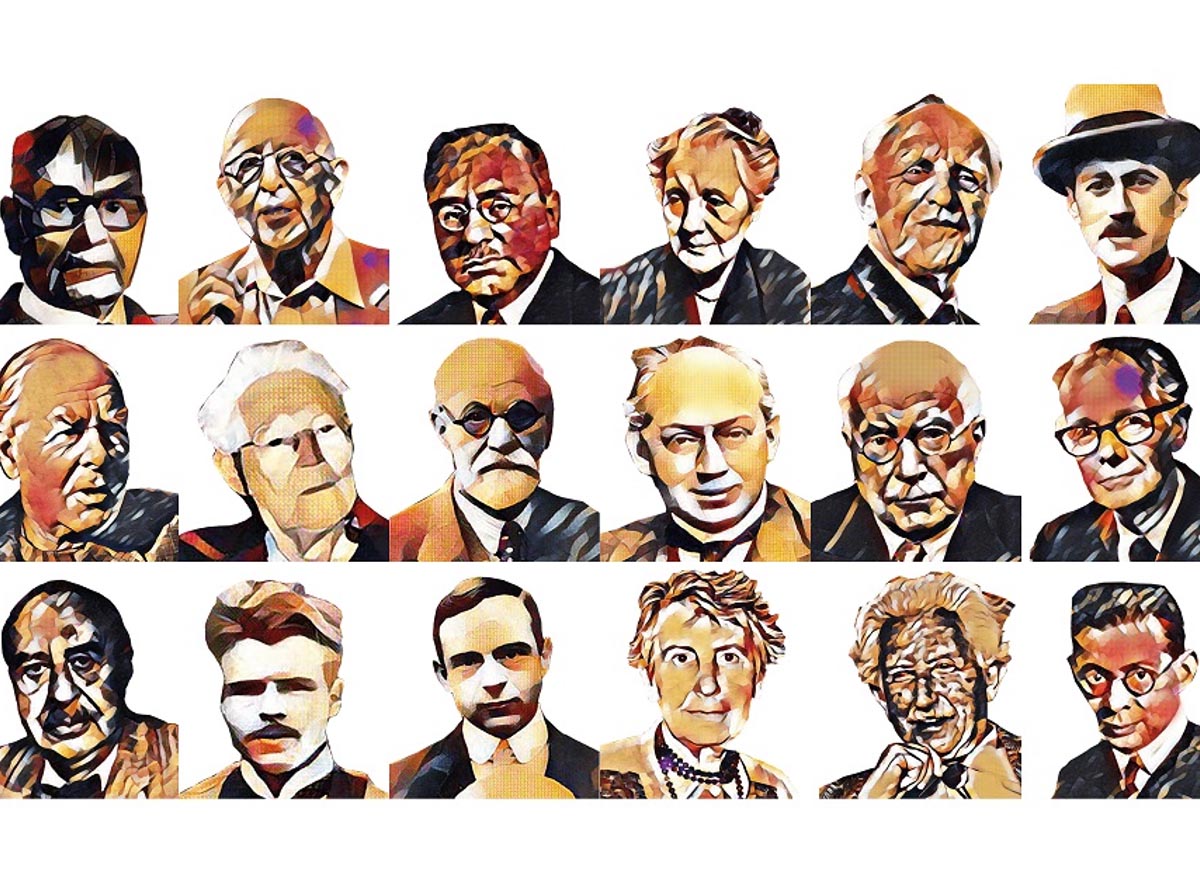Join our community
Receive the TR Together newsletters.


In contrast to exploring the patient's mind from a safe distance, this conference focuses on the clinician’s feelings, subjective experiences, and histories, and their impact on the intersubjective space of the therapeutic encounter. Understanding our own motivations and difficulties with painful mental states generated in therapy is at the heart of an ethical clinical practice. This authentic self-exploration is vital for every unique encounter within the shared space of both the analyst and patient.
In this program, Dhwani Shah explores how the analyst’s uncomfortable and disowned emotional states of mind are inevitably entangled with the therapeutic process and have the potential to derail or facilitate therapeutic work. Specific emotional and mental states are explored in detail, including dread, arrogance, dissociation, and shame. These experiences illustrate common ways in which therapists stop listening and struggle in the face of uncertainty and intensity.
Through theoretical and clinical material, Dhwani attempts to demonstrate how the analyst’s capacity to experience and work with these states is vital to understanding and metabolizing patients' emotional experiences and maintaining an ethical and therapeutic stance.
Dhwani Shah moves the focus from using psychoanalytic theory and technique to explore the patient’s mind from a safe distance. Instead, he concentrates on the analyst’s feelings, subjective experiences, and histories, and how these impact on the intersubjective space between analyst and patient. This is vital for every unique encounter within the shared space of both the analyst and patient. The analyst must strive to be responsive, yet disciplined, and this requires the work of mentalization. The analyst’s uncomfortable and disowned emotional states of mind are inevitably entangled with the therapeutic process, and this has the potential to derail or facilitate progress.
An opportunity to ask Dhwani Shah questions relating to the presentation and how you might integrate his thinking into your clinical practice.

Letticia is a UKCP-qualified integrative psychotherapist. She is also in the final stages of completing her doctorate in Counselling Psychology and Psychotherapy at the Metanoia Institute, London. Her doctoral research is an interpretative phenomenological analysis on cisgendered female clients’ experience of their menstrual cycle in therapy with a male therapist. She is an advocate for integrating overlooked issues, such as the menstruality and menopause, into contemporary psychotherapeutic theory, research and practice. Her broader clinical and research interests include a focus on gender and sexuality, and she has considerable therapeutic experience working with transgender and non-binary people.

Dhwani Shah, MD, is a psychiatrist and psychoanalyst currently practicing in Princeton, NJ. He is a clinical associate faculty member in the Department of Psychiatry at the University of Pennsylvania School of Medicine and a faculty member at the Psychoanalytic Center of Philadelphia. He has authored articles on topics ranging from neuroscience, mood disorders, and psychoanalysis. Dr Shah’s book entitled The Analyst’s Torment: Unbearable Mental States in Countertransference was recently published by Phoenix Publishing House and was featured in Brett Kahr’s “Top Ten Books of 2022."
Standard Price: £22.50
Trainee and NHS staff: £19.00
Group Rates (for 4 or more): Contact events@trtogether.com for customised pricing.
Trainee discount: To qualify for this offer you need to be taking a course which provides core practitioner training in counselling or psychotherapy that is at least 1 year full time or two years part time and recognised by the BACP or UKCP. TR Together reserve the right to ask to see evidence of training being undertaken.
Alumni: If you are a TR Alumni (TRAPC member) please email anitabruz@tavistockrelationships.org for a discount code to add at checkout
Your CPD certificate will be available to download from your TR Together account within 48 hours of purchase.